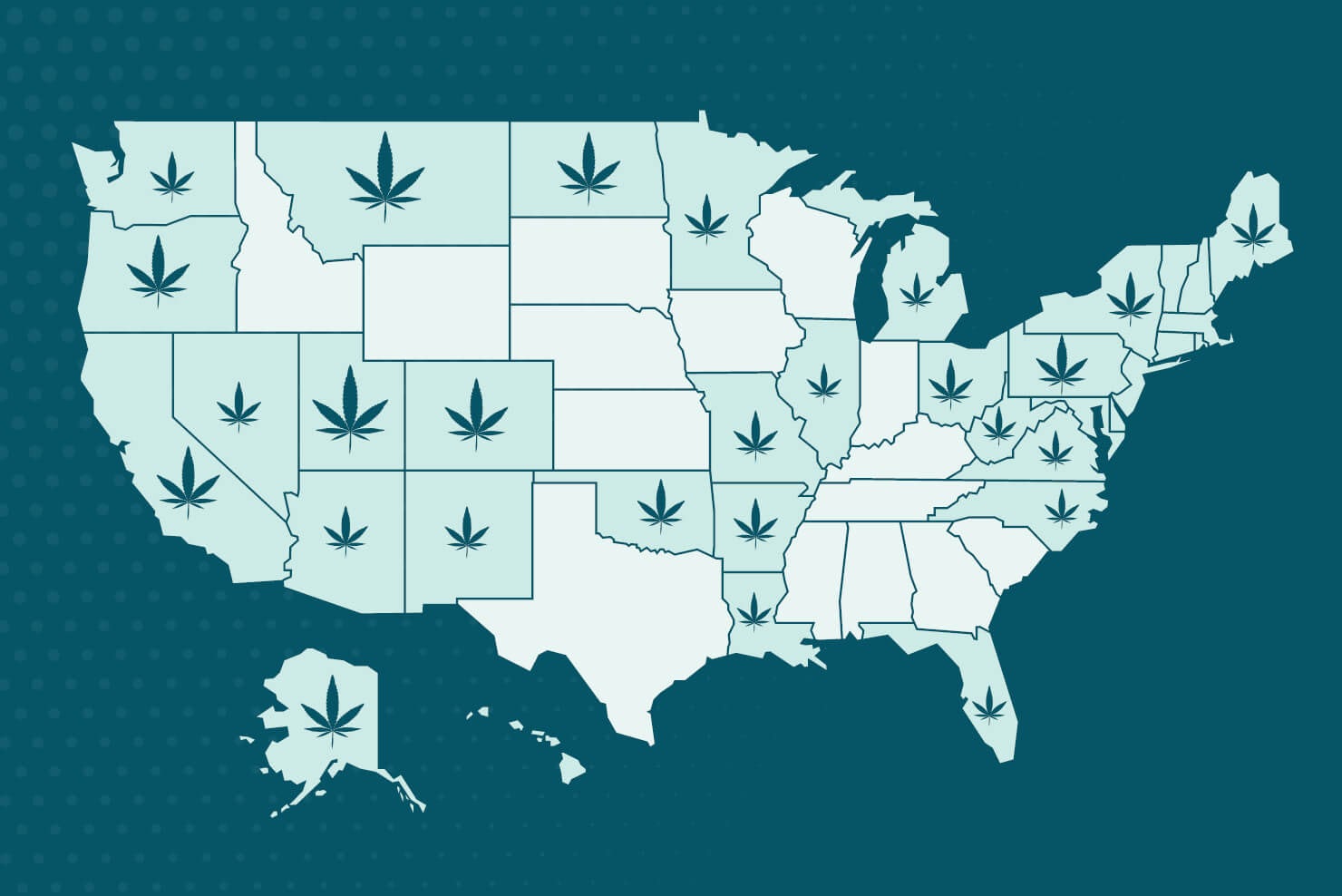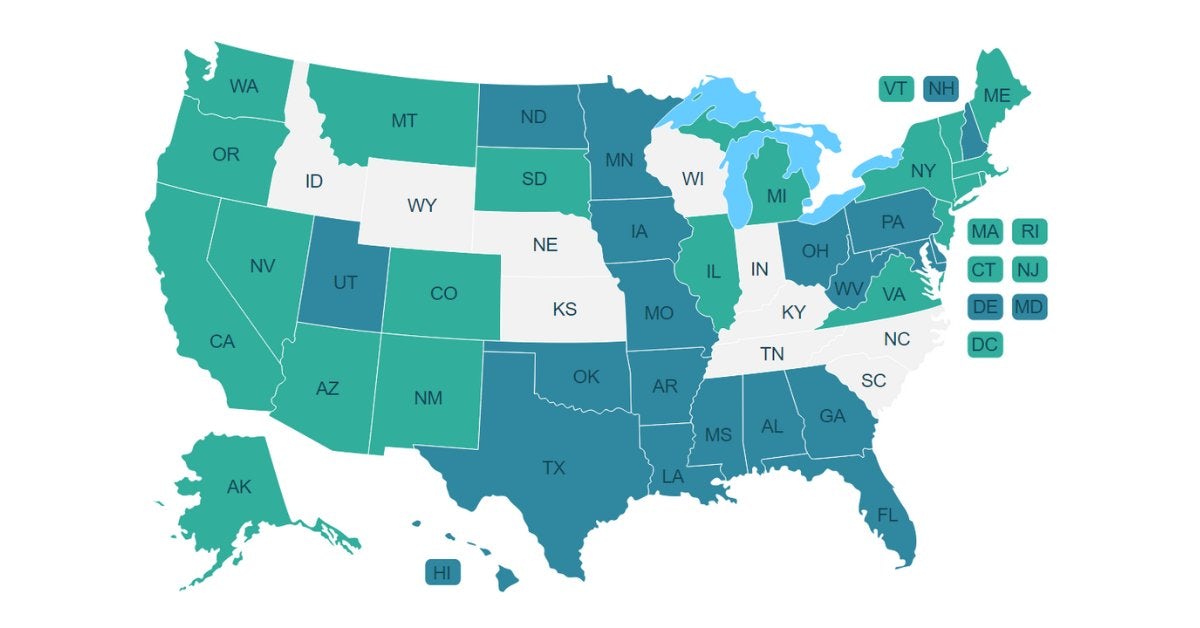How to Get a Medical Card in California
To purchase medical marijuana from a licensed retailer, California residents must submit a current recommendation from a qualifying physician. A primary caregiver who is over the age of 18 and is responsible for the housing, health, or safety of the patient may acquire cannabis on their behalf.
➤ Get your medical card now with The Cannigma Medical
Qualifying Conditions
The qualifying conditions that patients in California can receive medical cannabis for include:
- Anorexia
- Arthritis
- Cachexia
- Cancer
- Chronic Pain
- HIV or AIDS
- Glaucoma
- Migraines
- Persistent Muscle Spasms
- Severe Nausea
- Seizures
- Other chronic or persistent medical conditions or symptoms that a physician determines could be alleviated through the use of cannabis.
Reciprocity
California does not have reciprocity for patients with medical licenses issued in other states.
Where to Buy
Since January 1, 2018, retail sales for adults over the age of 21 are legal for recreational purposes at hundreds of stores across the state.
Under California Code of Regulations Title 16, legal retail stores can sell up to 28.5 grams of cannabis flower to individual customers per day and 8 grams concentrated cannabis. Retailers are allowed to sell up to 8 ounces of medical cannabis to individual licensed patients in a 24 hour period and up to 12 immature cannabis plants. Retailers are forbidden from selling edible cannabis products that contain more than 10 mg of THC per serving, though there is no limit on the overall amount of THC in the package.
While California is seen as something of a legal weed Valhalla, legalization for recreational use has not been quite as successful as was expected. As of May 2019, the number of licensed shops is only about 10% of what state officials predicted, according to the Los Angeles Times.
➤ Get your medical card now with The Cannigma Medical
This is partly because while the state issues licenses for retail shops, local municipalities can reject operating licenses at their discretion.
High taxes and complex regulations have also had a toll on the business, and retail shops are still mainly concentrated in major cities like San Francisco, Los Angeles, Oakland, and San Diego. In a state as large as California, this can mean that customers must drive long distances to buy marijuana legally, making the black market often a preferred avenue. As a result, there is a much higher ratio of cannabis retailers to users in Washington and Oregon, than in California.
Sign up for bi-weekly updates, packed full of cannabis education, recipes, and tips. Your inbox will love it.

 Shop
Shop Support
Support













